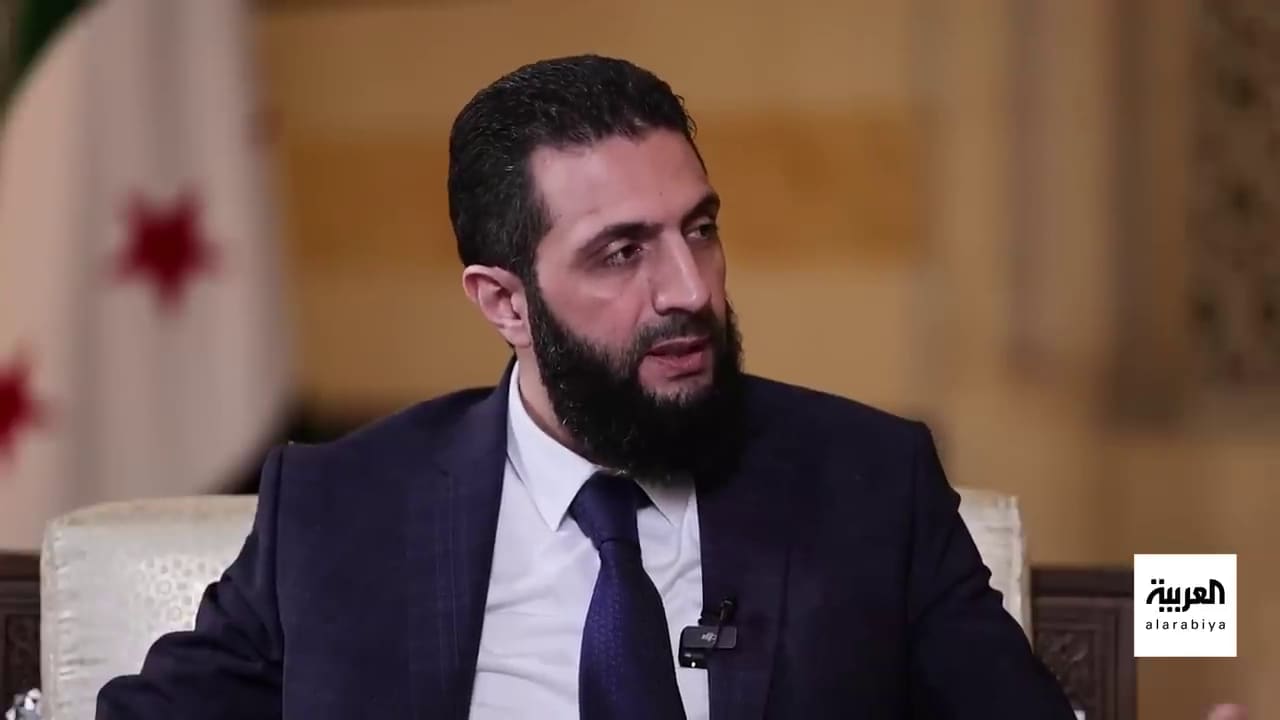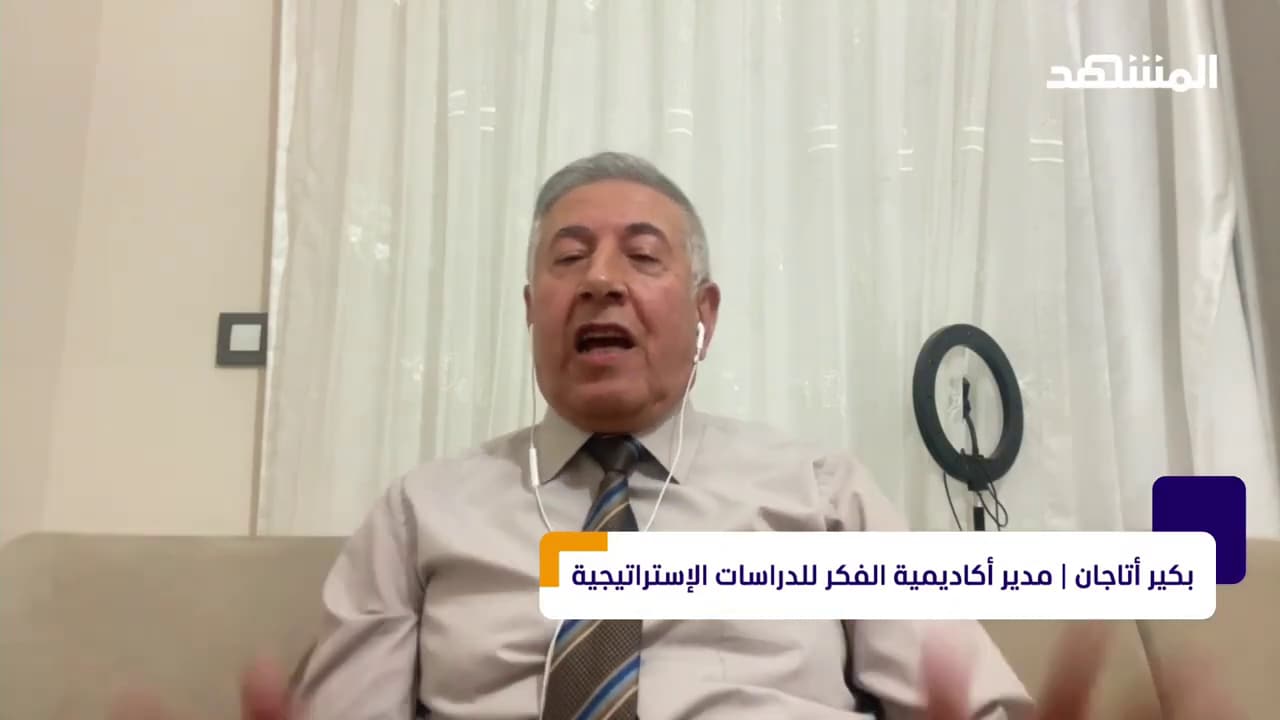
In a Saudi TV interview, anthropologist Saad Al-Sowayan called to "accept change, rather than fight it," or else "become extinct." Stating that "our necks are sore from constantly looking back to the past," Al-Sowayan added, "If we encounter a problem, we must not look for the solution in the books of our ancient forefathers."
The interview aired on Rotana Khalijiyya TV on December 11, 2015.
Following are excerpts:
Interviewer: "Some people call you the Darwin of Saudi Arabia, while others see you as a new Abdullah Al-Qasemi. To whom are you more similar?"
Saudi anthropologist Saad Al-Sowayan: "To neither. I am no Darwin. Darwin was a great man.
[...]
"My job in the epic battle of human development is merely to pass on knowledge. Darwin changed history, man. I cannot be compared to him.
[...]
"Even someone who opposes a theory needs to understand it."
Interviewer: "Many people oppose the theory that man evolved from the ape."
Al-Sowayan: "In order to be able to oppose this theory, you need to understand it first. My only job is to help you understand it.
[...]
"We always have our eyes fixed on the past. We never look to the future. We stand in the way of change, trying to abolish the notion of change.
[...]
"If change is a universal truth, it cannot be avoided. You must adapt to change. You must accept that change, rather than fight it. Otherwise, those who do accept change will become stronger than you, and will overcome you. Therefore, your job is to dovetail with change, rather than try to stop or deny it."
Interviewer: "You dedicated your book to the generations that would have the courage to ask questions. What kind of questions do you mean?"
Al-Sowayan: "All the difficult questions that we avoid asking."
Interviewer: "So you have lost hope in the current generation?"
Al-Sowayan: "On the contrary, I think that the current generation has begun... I have developed high hopes for this new generation, having despaired of my own generation – even of the educated people among them. They are always confined by ideology – whether political or religious. They have [uncompromising] positions. I don't like such people. I like people who are always open to all possibilities, and who are ready to change, if they become convinced that it is necessary.
"As for those who believe it should be either leadership of the world or the grave for us – I don't believe in that, to tell you the truth. I believe that a person must have the flexibility to accept change, and to pin his hopes on the future, rather than on the past.
"I always say that our necks are sore from constantly looking back to the past. We must keep our eyes fixed ahead, and if we encounter a problem, we must not look for the solution in the books of our ancient forefathers. These books were used to deal with the concerns of the people of that time, but our concerns are different now."
Interviewer: "The times have changed..."
Al-Sowayan: "The world around us has changed. The world will not just let you be. You must adapt to it, or else a rope will be placed around your neck and you will be dragged along."
Interviewer: "Change or be changed..."
Al-Sowayan: "Change, be changed, or become extinct.
[...]
"People want to stop time at a certain point in history, and have things continue the way they were. They do not understand the contradiction in which they place themselves. In some aspects, they are very advanced: They fly planes, drive cars, use cellphones, and whatnot.
"Brother, don't tell me you are taking me back to the age of the Prophet Muhammad when you use a cellphone to detonate a bomb from a distance. If you want us to be like the Prophet, we should be fighting with swords, spears, and shields... So don't tell me you are taking me back to the age of the Prophet. The age of the Prophet is gone. We are living in a new era.
[...]
"The Prophet Muhammad said that he would be proud of the Muslim nation among all nations. I don't think that anyone can be proud of our nation right now, man.
[...]
"Ever since the deterioration of Islamic culture, in all its religious and non-religious aspects, ever since the end of the golden age of the Arabs in Spain – what have the Arabs contributed to the world? Nothing. Ever since those days, they have not contributed a thing."
[...]
Interviewer: "You lived in the days when the Islamic awakening movement was at its peak in Saudi Arabia. Do you believe that it played a role in holding Saudi Arabia back ideologically, culturally, and politically?"
Al-Sowayan: "Of course it did, because it wanted to Islamicize every little thing. I don't understand this Islamization. I don't know what this word means. I know what Islam means, but...
"In the days of the Prophet Muhammad, people would wear all kinds of clothes. The Prophet and his companions would get the best items money could buy. I once wrote an article titled 'What the Toothbrush Said to the Meswak [tooth-cleaning twig].' If people say that they use the [meswak] for spiritual reasons – fine. But I challenge any doctor to convince me, from an Islamic perspective, that a meswak is better for you than a toothbrush.
"If there were toothbrushes in the days of the Prophet Muhammad, he would have brushed his teeth. The lesson should be that we must use the best cleaning methods available. Soap had not yet been invented in the days of the Prophet, and you could not wash your hands and you finished eating.
"Doctors who want to appease the Islamists who are in power start praising the meswak, the eating of dates, and whatever... Brother, give me a break. Stick to science. We must stick to science on these issues. We should use the best things that are available, but at the same time we should not rely on other nations. We should be producers, not consumers. If we continue on our current path, Islam and the Muslims will find themselves in a bottomless pit.
[...]
"Wahhabism was misunderstood and put to bad use. Wahhabism was hijacked, just like many other things. The religious clerics have started to think that they are the rulers. They are no longer satisfied with being partners, as they were at first. Muhammad ibn Abd Al-Wahhab was a partner [in the rule]. But now, they want to rule all by themselves."
[...]
Interviewer: "You proposed the removal of the sword from the Saudi flag, because we are no longer in the age of fighting and conquests. How did you come up with this idea? What's behind it?"
Al-Sowayan: "What I said was that they should either keep only the sword, or keep only the phrase 'There is no god but Allah.' The presence of the sword alongside the phrase 'There is no god but Allah and Muhammad is His Messenger' give people unfamiliar with the history of Saudi Arabia the impression that we want to spread Islam by the sword. Sadly, people here welcome the delivery of such a message... My understanding is that the sword was meant to deliver justice, not to spread [Islam].
[...]
"This proposal was one of the reasons I was not allowed to continue writing..."
Interviewer: "It was misunderstood..."
Al-Sowayan: "Not accurate. People made sure that it would be misunderstood. The idea was distorted."
[...]
Interviewer: "After you were prevented from writing, did you think of starting your own projects?"
Al-Sowayan: "No. I stopped writing books. I have stopped all those things."













